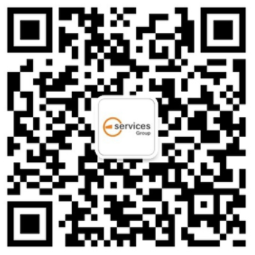wish平臺(tái)CSV文件:新產(chǎn)品的尺碼與顏色
wish平臺(tái)CSV文件:新產(chǎn)品的尺碼與顏色
wish平臺(tái)CSV文件:新產(chǎn)品的尺碼與顏色
本文將說明wish平臺(tái)如何創(chuàng)建 Feed 文件,以添加具有變體的新產(chǎn)品(即具有不同顏色或尺碼的產(chǎn)品)。創(chuàng)建文件后,您可以使用“添加產(chǎn)品”工具(“產(chǎn)品”>“添加新產(chǎn)品”>“產(chǎn)品 CSV 文件”)上傳文件。
定義
1) 父唯一 ID:用于將一個(gè)產(chǎn)品的所有變體(尺碼/顏色)組合到 上的一個(gè)列表中。
要為現(xiàn)有產(chǎn)品添加尺碼/顏色變體,請(qǐng)將現(xiàn)有產(chǎn)品的唯一 ID/SKU 作為父唯一 ID。請(qǐng)點(diǎn)此查看 Wish 接受的顏色列表。
要在 Wish 上創(chuàng)建一個(gè)具有變體的新產(chǎn)品,您需要?jiǎng)?chuàng)建一個(gè) Feed 文件,其中第一個(gè)變體(第一行)為“父”變體。第一行的父唯一 ID 和唯一 ID 相同。該產(chǎn)品的所有其他行將具有與第一行相同的父唯一 ID,但唯一 ID 不同。
2) 唯一 ID:代表產(chǎn)品的一個(gè)變體(尺碼和/或顏色)。唯一 ID 旨在用于區(qū)分一個(gè)產(chǎn)品詳情頁中的各個(gè)變體。
3) 變體:Feed 文件中的一行,指產(chǎn)品的一個(gè)變體。變體與同一產(chǎn)品的其他尺碼/顏色變體共用相同的父唯一 ID(參閱下文中的定義),但具有自己的唯一 ID。這是一個(gè)變體示例:
4) 產(chǎn)品:可包含多個(gè)變體,因此可包含多行。所有變體構(gòu)成一個(gè)產(chǎn)品詳情頁。產(chǎn)品詳情頁中的每個(gè)變體都有不同的唯一 ID,但共用相同的父唯一 ID。這是具有多個(gè)變體的產(chǎn)品示例:
創(chuàng)建 Feed 文件
為了確保商戶平臺(tái)將各行識(shí)別為同一個(gè)產(chǎn)品的變體,該產(chǎn)品的每個(gè)變體(每一行)必須具有完全相同的“父唯一 ID”。請(qǐng)注意,第一個(gè)變體(父變體,或者創(chuàng)建新 Feed 文件時(shí)的第一行)的“父唯一 ID”就是其“唯一 ID”(參見下圖的藍(lán)色部分:第一個(gè)變體的“父唯一 ID”和“唯一 ID”均為 TG-088)。所有其他變體將需要各自有不同的“唯一 ID”(參見下圖的綠色部分)。
假設(shè)我們有一款名為“Sleeveless High and Low Chiffon Dress”(無袖高低式雪紡連衣裙)的產(chǎn)品。它有兩種顏色(薄荷色和粉色)和五種尺碼:XS、S、M、L、XL。首先每一行添加產(chǎn)品的一個(gè)變體。這里我們先從 XS 號(hào)薄荷色無袖高低式連衣裙開始。該變體將作為父變體,因此該變體的“唯一 ID”也是其“父唯一 ID”。
注意,我們?cè)凇癈olor”(顏色)屬性下添加了“Mint”(薄荷色),在“Size”(尺碼)屬性下添加了“XS”。(如果您的產(chǎn)品同色不同碼,請(qǐng)?jiān)凇癝ize”(尺碼)列中輸入尺碼,并將“Color”(顏色)列留空。如果您的產(chǎn)品變體同碼不同色,請(qǐng)將“Size”(尺碼)列留空。)
然后,我們可以添加薄荷色的 S 和 M 尺碼 - 參見上面第2行和第3行。
對(duì)于同一產(chǎn)品的所有變體,F(xiàn)eed 文件中的某些列必須填寫相同的內(nèi)容,這樣這些變體才能作為一個(gè)產(chǎn)品上傳;這些列包括“父唯一 ID”、“產(chǎn)品名稱”、“描述”等。對(duì)于包含每個(gè)變體的特殊信息的其他列,同一產(chǎn)品的不同行可以填寫不同的內(nèi)容;這些列包括“唯一 ID”、“價(jià)格”、“尺碼”、“顏色”等。
每個(gè)變體的唯一 ID 都是不同的,因?yàn)槲ㄒ?ID 對(duì)應(yīng)于變體(及其顏色和尺碼規(guī)格),而不是整個(gè)產(chǎn)品。在此例中,每個(gè)變體的庫存數(shù)量不同(但產(chǎn)品的變體庫存有可能相同)。為正確上傳您的產(chǎn)品及其變體,您需要確保產(chǎn)品的以下屬性相同:
父唯一 ID
名稱
標(biāo)簽
價(jià)格
本地貨幣價(jià)格
主圖 URL
添加了薄荷色的無袖高低式雪紡連衣裙后,還會(huì)添加這款連衣裙的粉色變體,請(qǐng)務(wù)必為每個(gè)尺碼都創(chuàng)建一行 - 與創(chuàng)建薄荷色變體行的操作一樣。此外,就像薄荷色變體一樣,粉色變體與我們添加的第一個(gè)產(chǎn)品具有相同的“父唯一 ID”:TG-088。
比較各個(gè)變體,您會(huì)發(fā)現(xiàn)以下屬性填寫的內(nèi)容完全相同:Name(名稱)、Tags(標(biāo)簽)、Product Description()、Price(價(jià)格)、Localized Price(本地貨幣價(jià)格)和 Image URLs(圖片 URL)。各變體的 SKU、Color(顏色)、Size(尺碼)、Quantity(數(shù)量)等其他屬性填寫的內(nèi)容則各不相同體。
CSV: Sizes And Colors For New Products
This article will explain how to create a feed file in order to add new products with variations (i.e., products that come in different colors or sizes). Once you create the file, you will upload it using the Add Products tool (Products > Add New Products > Products CSV File).
Definitions1) Parent Unique ID: this is used to group all variations (size/color) of one product into a single listing on Wish.
To add size/color variations to existing products, use the Unique ID/SKU of the existing product as the Parent Unique ID. See Accepted Colors Here.
To add a new item with variations to Wish, you will create a feed with the first variation (row) as the "parent" variation. This first row will have the same Parent Unique ID and Unique ID. All additional rows for that product will have the same Parent Unique ID as the first row, but will have different Unique IDs.
2) Unique ID: this represents a single item/variation (size and/or color) of your product. The Unique Id serves to identify the variations within one item listing (product).
3) Item (also, Variation): this is one row in your feed. It represents a single variation of your product. This item shares the same Parent Unique ID as other size/color variations of the same product (see definition below) but has its own Unique ID. Here is one item:
4) Product: can be comprised of multiple items and, therefore, multiple rows. This is the set of all variations comprising one product listing. Each item/variation within a product listing has a different Unique ID but they all will share the same Parent Unique ID. Here is one product with several variations:
Creating the FeedIn order for the Merchant Dashboard to recognize rows as variations for a single product, each variation (row) must have the exact same Parent Unique ID as the other variations of that product. Remember, one item (the "parent" item, or, the first row when creating a new feed) will have the Parent Unique ID for its Unique ID as well (See below in blue: The first item has TG-088 for both Parent Unique ID and Unique ID). All the other items will need their own different Unique ID (See below in green).
Say we have a product named Sleeveless High and Low Chiffon Dress (example above). It comes in two colors (Mint and Pink) and five sizes: XS, S, M, L, XL. Start by adding one item/row of the product. Here we have started with the XS Sleeveless High and Low Chiffon Dress in Mint. This item/variation will act as the "parent" variation, so this item's Unique ID is also the Parent Unique ID.
Notice that we have listed "Mint" under the Color attribute and "XS" under the size attribute. If your product does not have different colors but does have different sizes, input the sizes in the Size column and leave the Color column blank. If the product does not have different sizes but does have different color variations, leave the Size column blank.
Then we can add our S and M sizes in Mint - see row 2 and 3 above.
Certain columns in the feed file must be the same across all variations for the upload to create one product listing; these columns include Parent Unique ID, product name, description, etc. Other columns that record customizations for each product variation may have differences in them among the rows for the same product; these columns include Unique ID, price, size, color, etc.
For each item, the Unique ID is different because the Unique ID responds to the item (with its color and size specification) rather than the overall product. And for this particular product, the quantities for each item differ (though it's possible you may have the same inventory for each variation of your product). In order for your product to upload correctly with its variations, you will need to make sure that the following attributes are the same for the product:
Parent Unique ID
Name
Tags
Product Description
Price
Localized Price
Main Image URL
Now that we've added the Sleeveless High and Low Chiffon Dress in Mint, we'll add the Pink variation of the dress, making sure to create rows for each size — just as we did for the Mint variation. And, just like the Mint variation, the Pink variation has the same Parent Unique Id as the first product we added: TG-088:
Comparing the variations, you will see that the following attributes are all the same: Name, Tags, Product Description, Price, Localized Price, and Image URLs. The other attributes—SKU, color, size, quantity—are different to correspond to the individual items for your product.
特別聲明:以上文章內(nèi)容僅代表作者本人觀點(diǎn),不代表ESG跨境電商觀點(diǎn)或立場(chǎng)。如有關(guān)于作品內(nèi)容、版權(quán)或其它問題請(qǐng)于作品發(fā)表后的30日內(nèi)與ESG跨境電商聯(lián)系。
二維碼加載中...
使用微信掃一掃登錄
使用賬號(hào)密碼登錄
平臺(tái)顧問
微信掃一掃
馬上聯(lián)系在線顧問
小程序

ESG跨境小程序
手機(jī)入駐更便捷
返回頂部
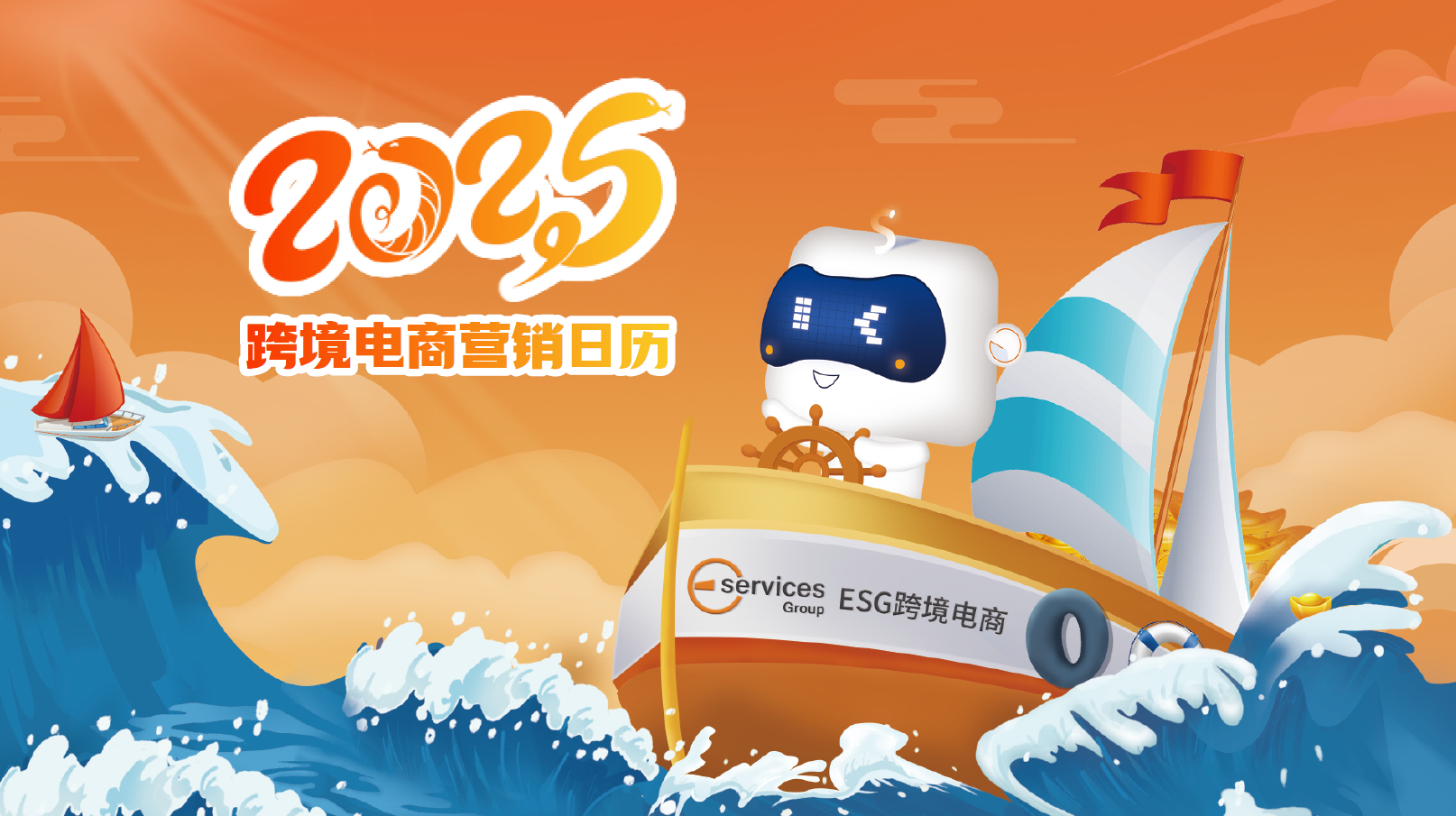
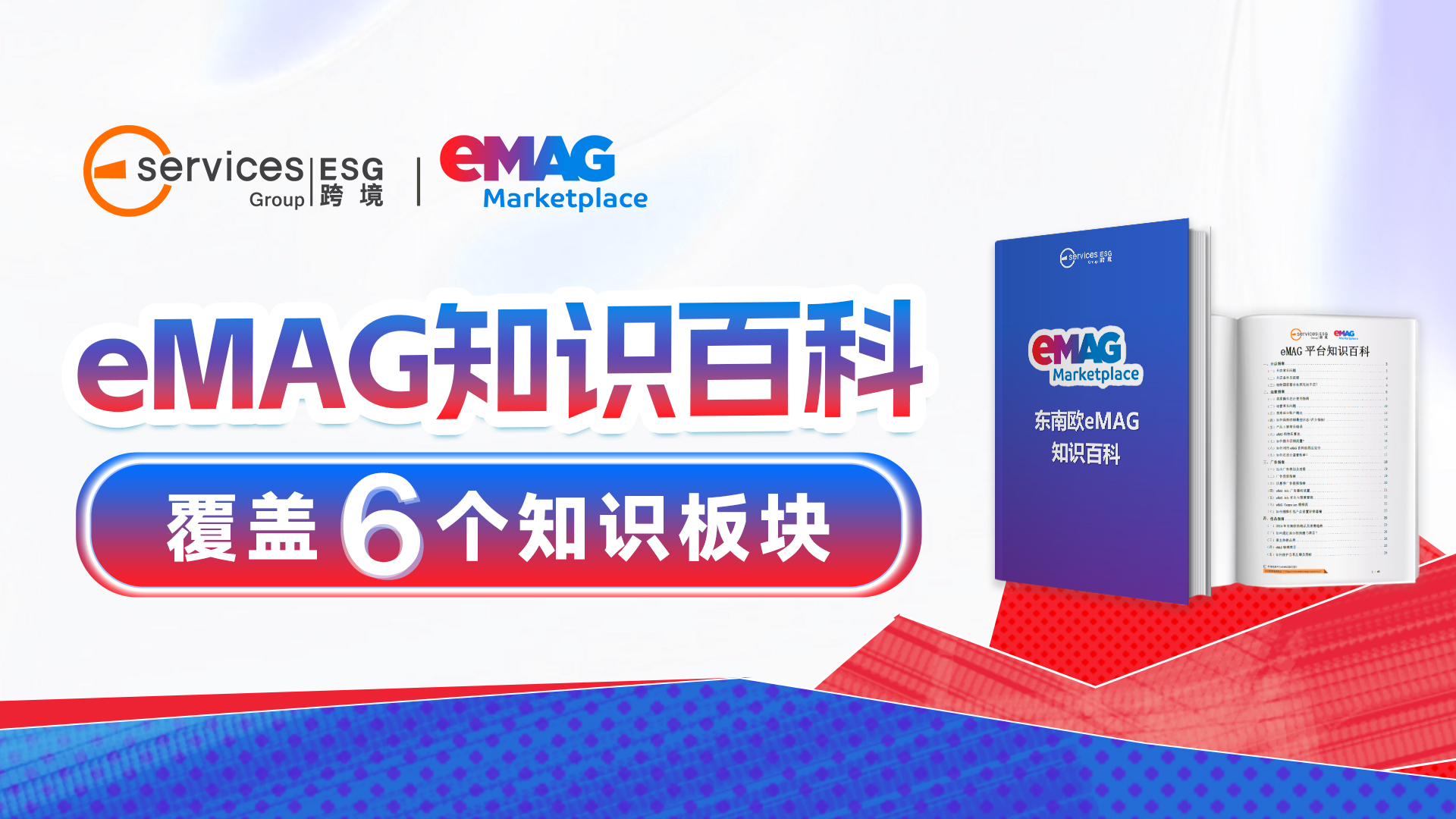
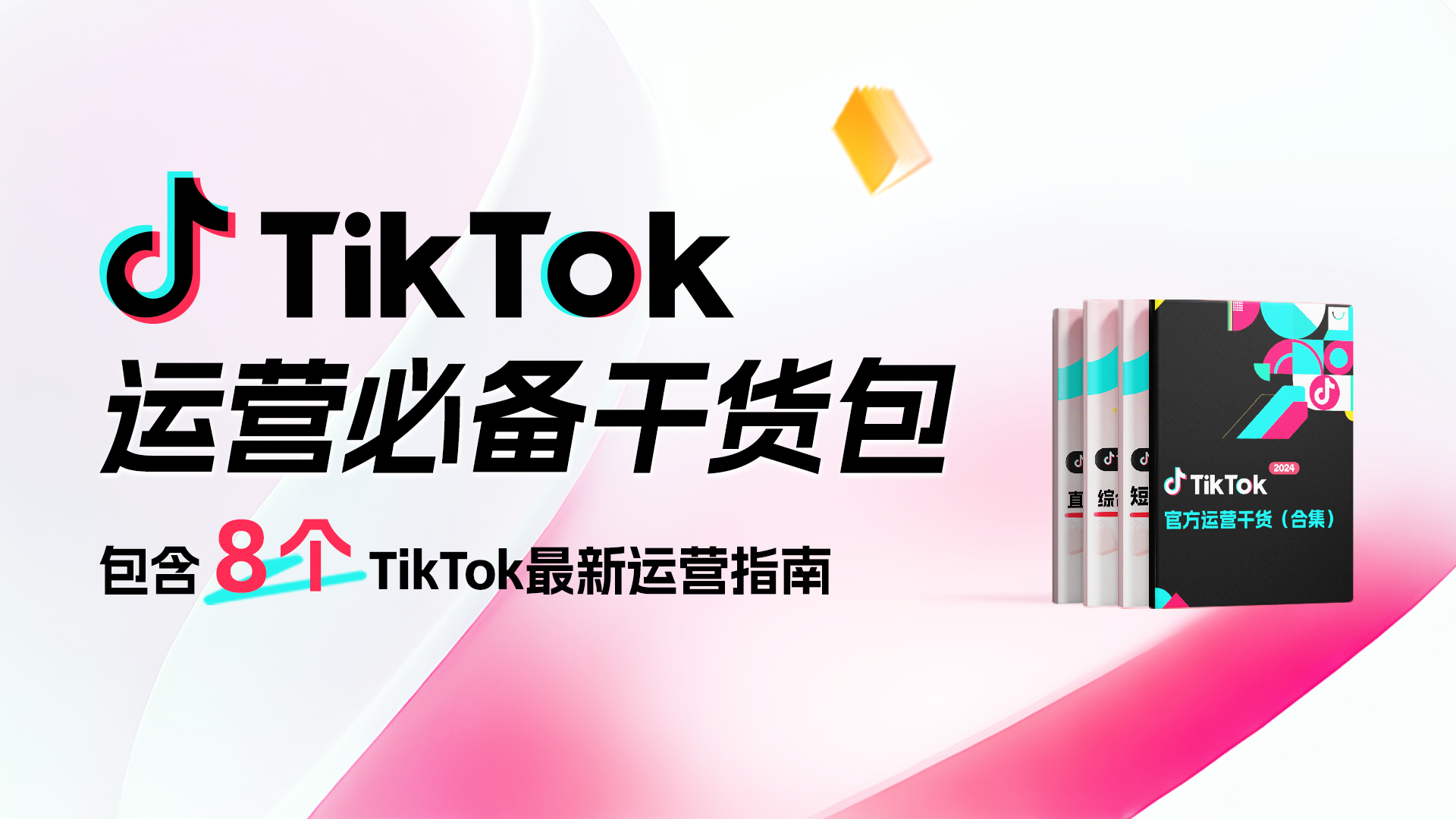
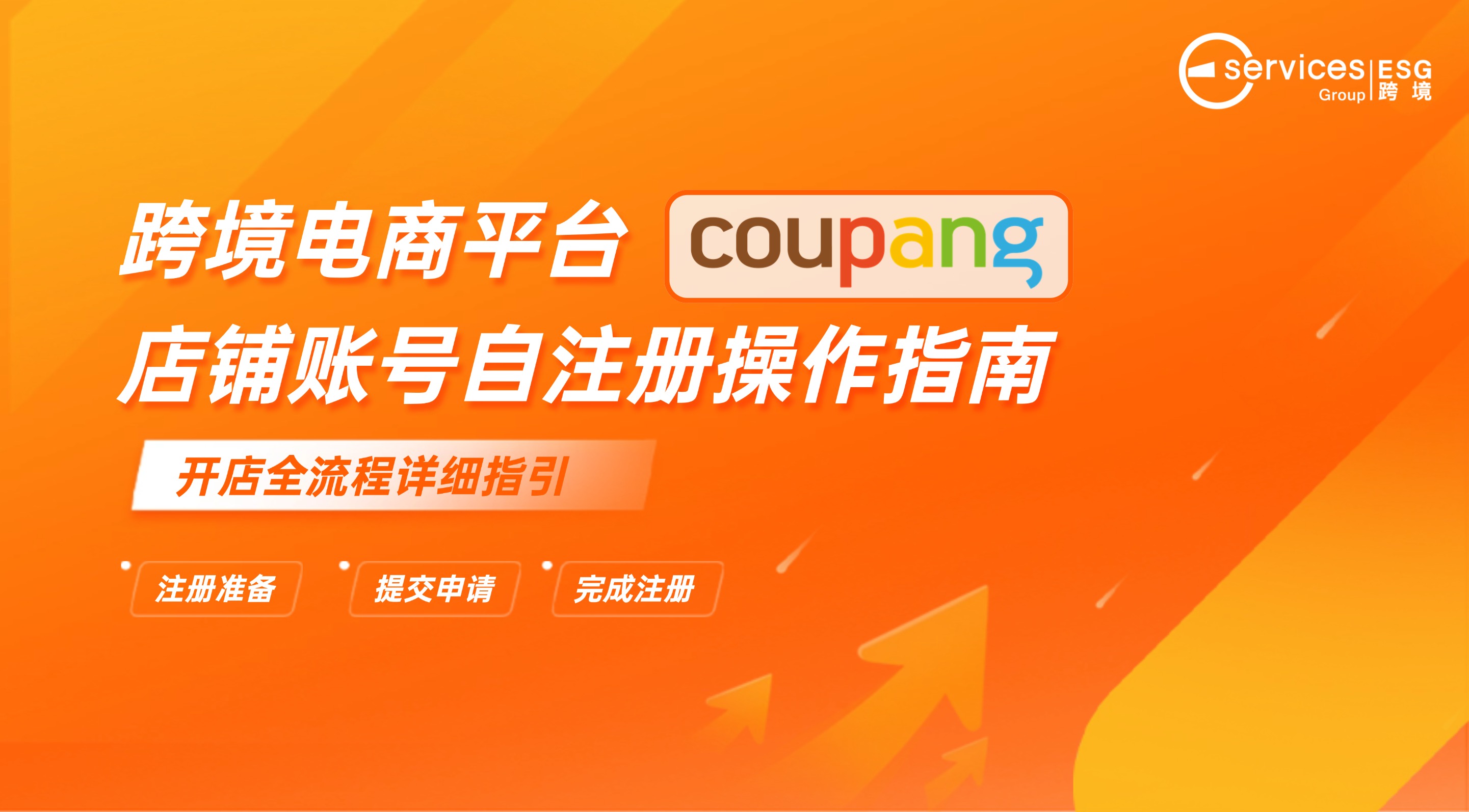

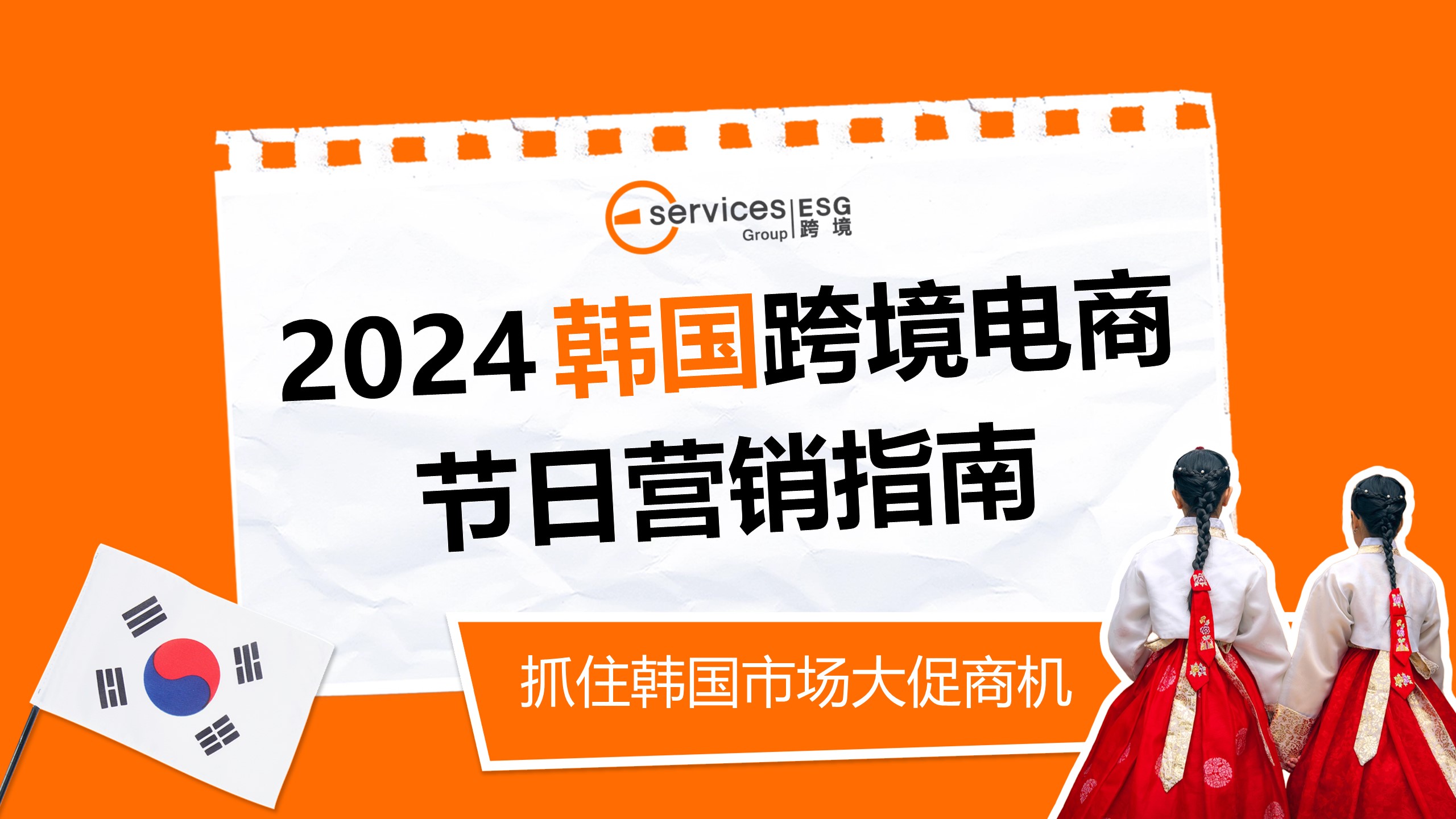



 市場(chǎng)合作:shichangbu@eservicesgroup.com
市場(chǎng)合作:shichangbu@eservicesgroup.com



